 Is there anything like a password that cannot be broken or hacked? Well, it depends on where you stand but there are potentially a lot of arguments for and against on both sides of the divide. However, unfortunately, a lot of computer users still use simple and common dictionary words for their passwords which is a definite no! no! Whether you believe all passwords can eventually be hacked or not, you don’t have to make the job a lot easier for hackers. According to a recent study, the most commonly used passwords are 123456, password, 12345678, qwerty and abc123 which means that there are still a lot of people out there who still have a “the simpler the better” attitude. With reports of password hackers increasingly breaking into online accounts, those who do not take heed would become easy targets to malicious attacks.
Is there anything like a password that cannot be broken or hacked? Well, it depends on where you stand but there are potentially a lot of arguments for and against on both sides of the divide. However, unfortunately, a lot of computer users still use simple and common dictionary words for their passwords which is a definite no! no! Whether you believe all passwords can eventually be hacked or not, you don’t have to make the job a lot easier for hackers. According to a recent study, the most commonly used passwords are 123456, password, 12345678, qwerty and abc123 which means that there are still a lot of people out there who still have a “the simpler the better” attitude. With reports of password hackers increasingly breaking into online accounts, those who do not take heed would become easy targets to malicious attacks.
According to the study, researchers have revealed the ‘secret’ to developing an impregnable password for your online/Internet accounts. Interestingly, the solution couldn’t be any easier. All that is required is a sensible combination of at least upper-case and lower-case letters. By simply using upper-casing for your non-dictionary password, you can effectively reduce the chances of a hacker breaking into your email or other online accounts. You can read the first part of this article for examples of how to conduct a simple password test.
Furthermore, the statistics collated by Bloomberg Businessweek, showed that a 6-letter password in lower-case text will take a hacker’s computer just 10 minutes to crack, while basic passwords with a mixture of upper-case letters can take as long as 10 hours to crack. That’s not all, it gets better. Adding numbers and/or symbols to a password, will further increase these figures to 18 days or more depending on the password length and the addition of numbers and symbols. For example, a 9-letter password that has both numbers and/or symbols would take even longer to crack i.e. an astonishing 44,530 years! Now, as far as I can remember that is more than any human being has ever lived and even if someone did live that long, the chances of a repeat performance by anybody would be astonishing! At the end of the day, by paying more attention to your passwords, avoiding the use of common words, and being more careful with your choice could possibly do you a big favour for a lifetime.
Other Useful Articles:
Talking Point
Which side of the argument do you belong – is it possible to create a password that cannot be hacked?
Thanks for reading this article. If you're new here, why don't you subscribe for regular updates via RSS feed or via email. You can also subscribe by following @techsling on Twitter or becoming our fan on Facebook. Thanks for visiting!

10 Comments
Leave a Reply
Cancel reply
Leave a Reply
This site uses Akismet to reduce spam. Learn how your comment data is processed.


















































































































































































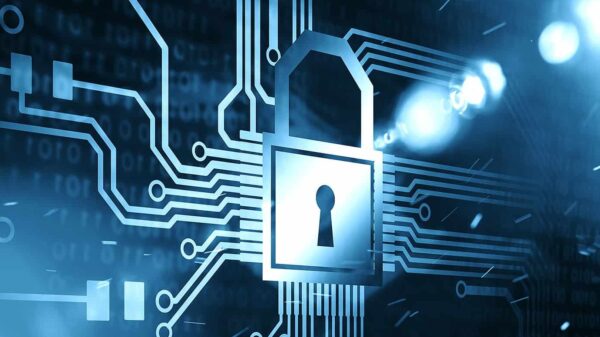
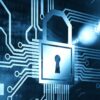
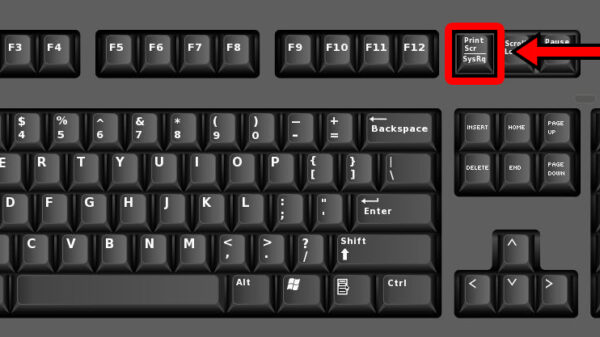
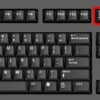
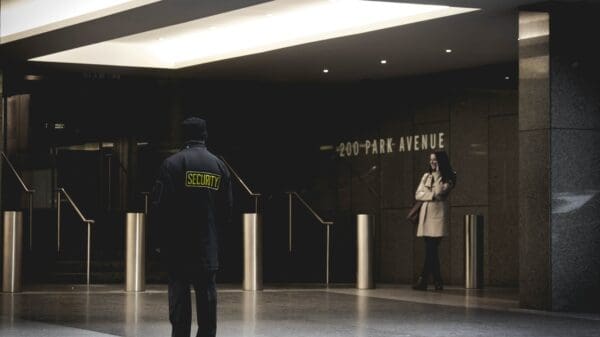

silpada
March 2, 2011 at 6:13 pm
A good anatomy about the selection of password. Good Suggestion about the password.
Kevin
March 11, 2011 at 4:25 pm
With an increase in our online activities, it is quite important to keep a secure password. However considering the number of websites that require to login, there can be a huge number of passwords that you need to remember.
One solution is to use a password manager that not only stores your passwords but also generates some good passwords for you.
General rule when creating a password is that it should be at least 8 characters. These should not be a dictionary word like “rabbit”. It should be a mixture of alphabets, numbers and maybe even special characters such as $, @, etc. To make it even stronger you can use both upper and lower case alphabets.
Admin
March 14, 2011 at 12:42 am
Usually, the problem with such tools is that you probably need a password to access your other passwords and if for some reason someone gets hold of that password, all your passwords will become available to them.
Kristina
March 19, 2011 at 1:44 am
I’ve personally never trusted password managing applications because of the reasons described above. Also, not too long ago I heard someone say that they got a virus that went after the stored FTP login credentials in dreamweaver. Then all this persons websites got hacked :/ … so hackers definitely target such programs.
Personally I have 3 few different passwords I use depending of the importance of the site. Here’s what I like to do.
1) dictionary word passes with a couple numbers for unimportant sites like forums I hardly visit
2) dictionary word passes with random capitals and symbols to represent letters (ex. $=s) for semi-important sites like facebook and the likes
3) Total and complete random jibberish for my email, bank account and website logins.
Admin
March 27, 2011 at 5:53 pm
Well said Kristina. The three different variations you mentioned above is actually a good way of managing and remembering passwords.
Sandra
August 28, 2011 at 2:24 pm
I use some different passwords as well but the strongest password I use is only 8 letters and numbers long with one capital letter. But I’m sure it is safe enough. There are plenty of ways to get your stuff hi-jacked without a password. For example the “secret” questions.
LHHN
September 2, 2011 at 3:32 am
Just a bunch of random letters and numbers with random capitalization works for me. Just make sure to write it down on paper so you dont forget lol.
Alec
September 17, 2011 at 7:08 am
Most all of my work life is spent online and I have literally a few hundred passwords that I need to remember and at the same time I want to be secure. This at one point created a dilemma for me but let me tell you how I solved the problem.
I now make it a habit whenever possible to use a 12 character password made up of letters, both upper and lower case, numbers and symbols. This combination of length of random characters give me an almost un-hackable password.
The problem arises in trying to remember many passwords of this length. I now use a password manager. There is just no other way. There are several on the market and if you take some time to do some research you will find a couple of standout products. I’m not here to promote the product but the product I use is free and has very good reviews. Now that I’m used to using this password manager I feel confident in the security at least as far as passwords are concerned.
Gary
December 31, 2011 at 9:15 am
In my opinion, i don’t think that anyone can create a password that can’t be hacked. However, what users can do is by creating a strong password. Strong passwords are usually characters, numbers and symbols combined with small and capital letters.
Rita Dawson
May 2, 2012 at 1:28 pm
It would be great if anyone could have a password that cannot be hacked. But, with the technology advancement, I doubt if it is possible.